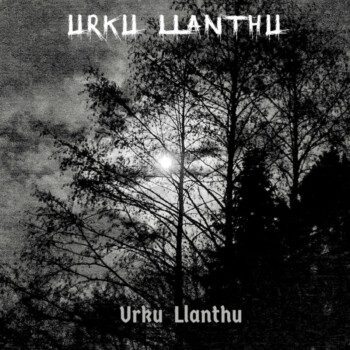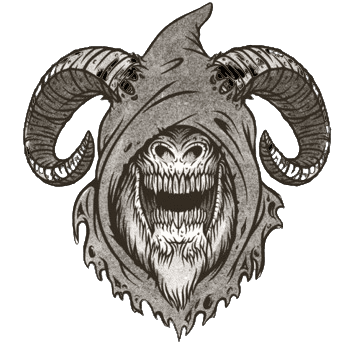Before heading into the music, don’t expect anything heavy, brutal, or extreme, but a connection with yourself and your mysterious and dark experiences of pure tranquil, meditation, relaxation, and ancestral-spiritual music from start to finish. One begins their ancestral journey with the Intro track, welcomes the listener with a sound of relaxing mood and meditation, before heading into the first song following the intro.
Before heading further into Urku Llanthu’s realm, I suggest headphones and switching off all modern devices, setting the light to a limelight setting, sitting back and relaxing (either a candlelight bath).
Bracing the sound and the ambience of this one-person project gives the listener an ear-to-ear experience of very well-thought-through arrangements in the music and songs of bringing the music to life. Capturing the soundscape of a running stream/river, the sound of the wind, the call of nature, and ancient folklore while incorporating musical instruments. This concludes by adding string instruments, percussion, harmonics such as piano, synths/keyboards, acoustic guitars, and wind instruments of the Andean region such as the Zampoña (Acoustic Wood Lurker) and the Quena (Wood Flute).
While merging dungeon synth, dark ambient, folk metal, and the ancestral Quechua dialect (that works), thus creating this perfect instrumental environment-atmosphere ambient music that captures various sounds and moods within the piece.
Giving the listener different experiences within the music by making music/songs either depressive, dark, bleak and sometimes creepy, horrifying but calming and tranquil/meditating at the same time.
Pablo Mesias (Atuk Urku Llanthu – pseudonym) maintains an attachment to the Andean world-view and the rescue of the ancestral language Quechua typical of many Indigenous peoples while creating this creativity and musical deliverance of the fruit of art devilmanship. Seven beautiful, equally solid, strongly composed instrumental songs and a full-length release that is a fruit of art, from start to finish.
As the album gradually fades into silence with the last song, Yacgakuk. We want to give a shoutout to Urku Llanthu for letting us review his self-titled album.


